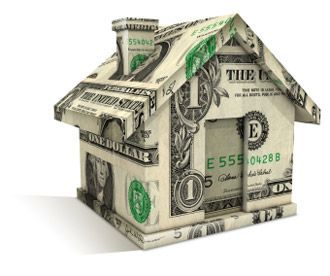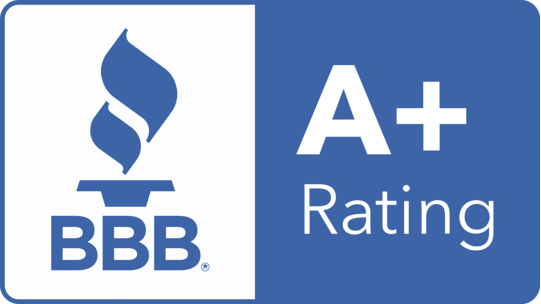The Big Beautiful Bill: Part 1
How Trump's Proposed Big Beautiful Bill Could Affect Property Ownership

The passage of President Trump's "One Big, Beautiful Bill" by the House of Representatives marks a significant shift in tax policy, with profound implications for the real estate industry, particularly for landlords and property investors. This comprehensive legislation introduces several provisions that could reshape real estate investment strategies and wealth-building approaches.finance.yahoo.com+8whitehouse.gov+8cbsnews.com+8elikarealestate.com+2youtube.com+2en.wikipedia.org+2
Key Provisions Impacting Real Estate:
- Restoration of 100% Bonus Depreciation: The bill reinstates full bonus depreciation, allowing investors to deduct the entire cost of qualifying property improvements in the first year. This accelerates tax deductions, enhancing cash flow and enabling reinvestment opportunities. elikarealestate.com
- Enhanced Pass-Through Deduction: The Qualified Business Income (QBI) deduction for pass-through entities is increased from 20% to 23%. This benefits landlords operating through LLCs or similar structures, reducing taxable income and encouraging property acquisitions. elikarealestate.com
- Increased Estate Tax Exemption: The estate tax exemption is raised to $15 million for individuals and $30 million for couples. This change facilitates the transfer of substantial real estate assets to heirs without incurring federal estate taxes, promoting generational wealth building. prospect.org+1elikarealestate.com+1
Implications for Landlords:
These provisions collectively enhance the financial viability of real estate investments. The immediate tax benefits from bonus depreciation and the expanded QBI deduction improve profitability, while the increased estate tax exemption ensures that accumulated wealth can be passed on to future generations with minimal tax liability.pbs.org+2elikarealestate.com+2prospect.org+2
However, it's important to note that the bill also includes measures that could affect the broader economic landscape, such as the elimination of certain clean energy tax credits and changes to Medicaid funding. These elements may have indirect effects on the real estate market, influencing factors like tenant affordability and demand.
Conclusion:
The "One Big, Beautiful Bill" presents both opportunities and challenges for landlords and real estate investors. By leveraging the tax advantages offered, landlords can enhance their investment returns and contribute to long-term wealth accumulation. Nevertheless, staying informed about the broader economic implications of the bill is crucial for strategic planning and risk management in the evolving real estate landscape.whitehouse.gov+4therealestatecpa.com+4cbsnews.com+4































